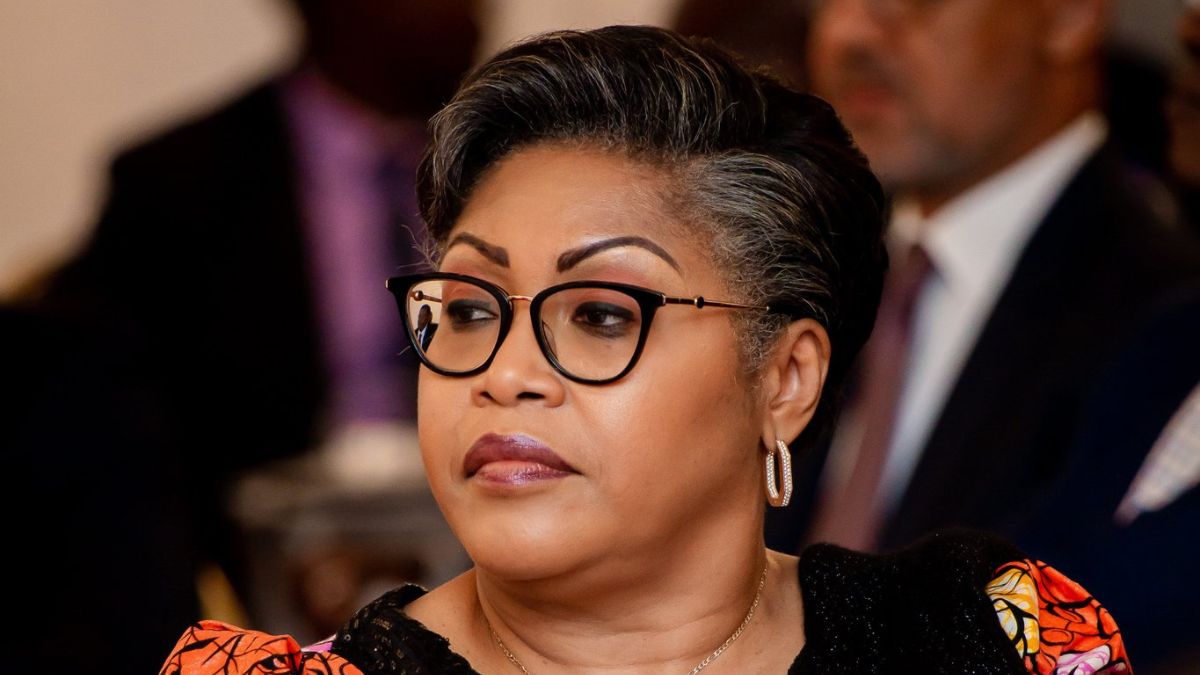The Democratic Republic of Congo got its first-ever female Prime Minister just months after the country’s president assumed his office.
The former Planning Minister Judith Suminwa Tuluka was appointed to the premiership, succeeding ex-PM Jean-Michel Sama Lukonde.
The announcement came a month after Lukonde resigned from the prime ministerial post after serving the office for three years. With the appointment of Tuluka, the African nation’s President Felix Tshisekedi, fulfilled one of his campaign promises.
On December 20, 2023, Tshisekedi witnessed a landslide victory in the country’s general elections after he pledged to take important steps towards the formation of a “new and programmatic” government. The appointment of Tuluka came as the country grapples with worsening violence.
Following the announcement, Tuluka said that she is “aware of the great responsibility” he has been handed and that her government “will work for peace and the development of the country," Aljazeera reported.
Who is Judith Suminwa Tuluka?
Before entering the DRC parliament, Tuluka was an economist who was working for the United Nations Development Programme (UNDP) as the coordinator for the Consolidation of Peace and Strengthening of Democracy pillar in Congo’s national capital Kinshasa.
She also served as the deputy coordinator of the Presidential Strategic Monitoring Council (CPVS), a technical structure whose main mission is to monitor and evaluate the commitments made by the DRC President.
Impact Shorts
More ShortsIn 2023, she was selected as the Planning Minister, making her the third woman in Lukonde’s cabinet. Tuluka holds a Master’s degree in applied economics and a diploma of additional studies in Work in developing countries.
According to her bio on the Planning Ministry website, she completed her higher education at the Free University of Brussels (ULB). Before she was recruited by the UNDP she worked as an intern at a bank.
Challenges that lie ahead
In her new role, Tuluka was tasked with pushing the president’s declared priorities of employment, youth, women and national cohesion. However, there are some hurdles in between.
The African nation which is home to roughly 100 million people has been marred with decades of conflict and weak governance. Women in the country, often face disproportionate levels of sexual crimes and child marriage.
In July 2023, the UNHCR warned that mounting violence against women and children in the country and the resurgence of conflict between non-state armed groups and government forces saw millions of people displaced.
DRC is still touted as one of the poorest countries in the world with roughly seven million people have been internally displaced by conflicts.
A controversial election
Tshisekedi was re-elected to office after winning 73.47 per cent of the vote in December, last year.
While the elections were conducted in a peaceful manner, the opposition branded the ballot as a “sham”. Amid the chaos, voting was officially extended by a day due to logistical snarls, and polls were open for days afterwards in remote areas.
Tshiskedi was first elected in office in 2019 after serving as the leader of the Union for Democracy and Social Progress. During his electoral campaign, the outgoing president urged the compatriots to give him a new mandate to “consolidate the achievements” of the first.
With inputs from agencies
)